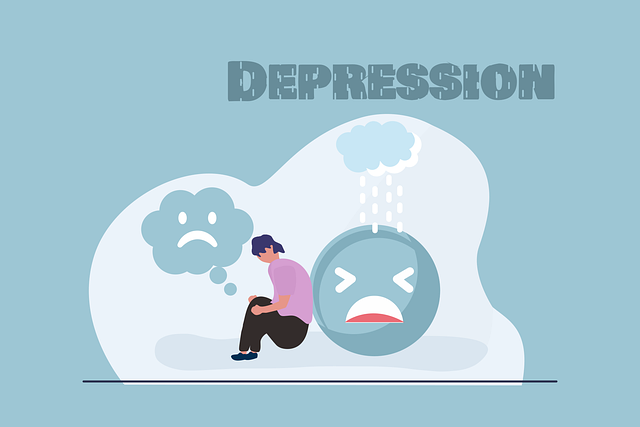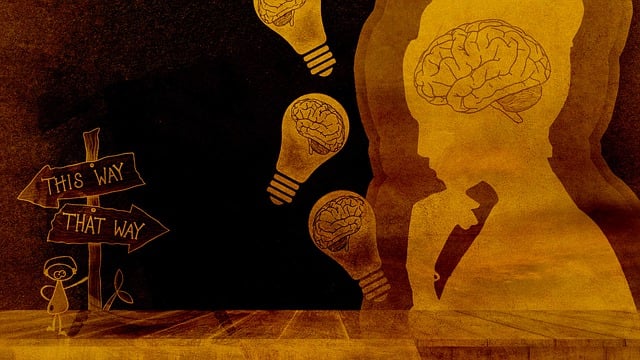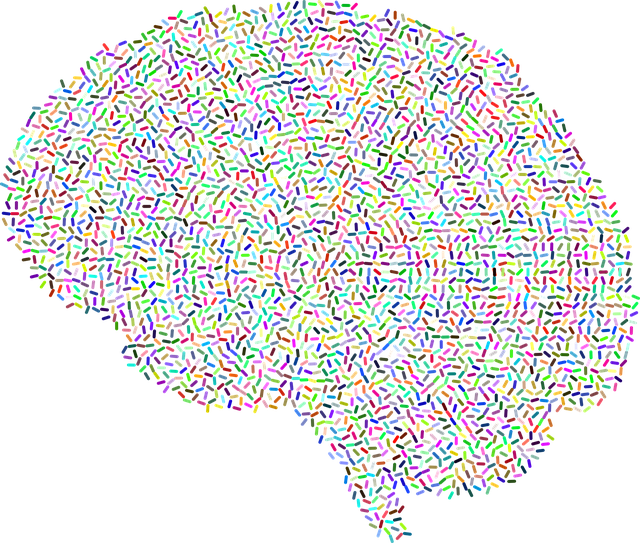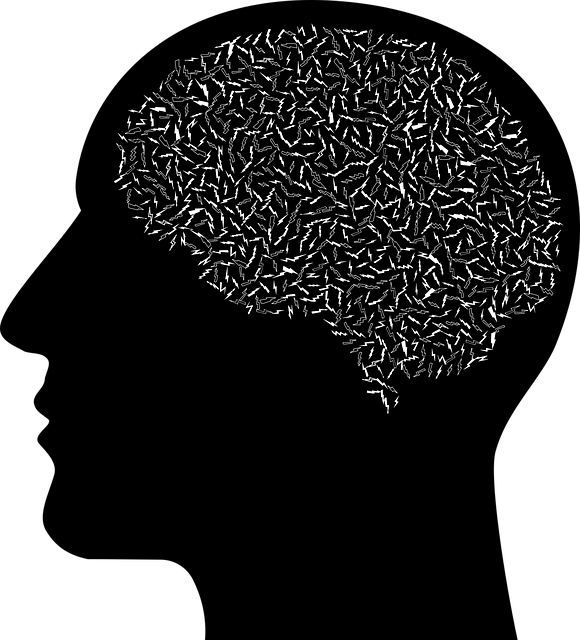Working with young French-speaking children in therapy presents unique challenges that require mental health professionals to adapt their approaches, overcoming language and cultural barriers through interpreters, proficiency, and sensitivity. Risk assessments must address these issues to ensure effective care, incorporating personalized compassion cultivation techniques and culturally sensitive practices. Trauma and safety concerns are paramount, with strategies focusing on creating safe environments, resilience-building, and addressing disclosures. Robust risk management includes detailed assessments, tailored interventions, and clear communication with parents. Professionals should stay informed through workshops and peer support networks, enhancing skills and sharing insights to improve outcomes for French-speaking youth.
Mental health professionals face unique challenges when treating young French-speaking children, navigating cultural and language barriers that can significantly impact therapy outcomes. This article delves into the specific risks associated with this demographic, focusing on identifying trauma and safety concerns prevalent in child therapy. We explore effective risk management strategies, emphasizing the importance of comprehensive planning for successful treatment. Additionally, we highlight the role of continuous training and support in empowering professionals to provide optimal care for French-speaking young clients in therapy settings.
- Understanding the Unique Risks of Working with Young French-Speaking Children
- Assessing Cultural and Language Barriers in Mental Health Practice
- Identifying Potential Trauma and Safety Concerns in Child Therapy
- Developing a Comprehensive Risk Management Plan for Effective Treatment
- Continuous Training and Support for Mental Health Professionals in This Domain
Understanding the Unique Risks of Working with Young French-Speaking Children

Working with young French-speaking children presents distinct challenges that mental health professionals must be prepared for. These individuals often come from diverse cultural backgrounds, bringing unique perspectives and experiences that can enrich therapy but also necessitate tailored approaches. The language barrier is a significant hurdle, as effective communication is key to building trust and understanding. Therapists must employ qualified interpreters or learn basic French to facilitate open dialogue, ensuring the child feels heard and understood.
Moreover, cultural sensitivity is crucial in navigating family dynamics and traditional healing practices within the Franco-Canadian community. Mental health professionals should be aware of the child’s familial and social context, respecting their cultural values while providing evidence-based therapy. Self-care practices, stress management, and emotional regulation techniques are essential tools for therapists to mitigate potential burnout and effectively support these vulnerable children.
Assessing Cultural and Language Barriers in Mental Health Practice

When conducting a risk assessment for mental health professionals, it’s crucial to consider cultural and language barriers that may impact care delivery, especially when working with young children from French-speaking backgrounds. These barriers can significantly influence therapy effectiveness and patient outcomes. Mental health practitioners should assess not only patients’ linguistic proficiency but also their cultural beliefs, values, and traditions to provide culturally sensitive care.
For instance, incorporating compassion cultivation practices that resonate with diverse cultural contexts can enhance therapeutic relationships. In the case of French-speaking young clients, professionals might adapt these practices to align with their specific cultural references and experiences. This personalized approach not only overcomes language barriers but also fosters a sense of understanding and trust, ultimately contributing to the development of inner strength in these vulnerable individuals.
Identifying Potential Trauma and Safety Concerns in Child Therapy

Identifying potential trauma and safety concerns is a critical aspect of therapy for young children, especially those from French-speaking backgrounds. Mental health professionals must be attuned to cultural nuances and the unique challenges faced by this demographic. Children may have experienced or witnessed traumatic events such as domestic violence, community upheaval, or language barriers, which can significantly impact their emotional well-being.
Effective risk management planning for mental health professionals involves creating a safe and supportive environment. This includes ensuring cultural sensitivity in therapeutic approaches, incorporating activities that foster resilience building and anxiety relief tailored to the child’s needs, and implementing strategies to address any safety concerns related to disclosure of traumatic events. By proactively addressing these issues, therapists can effectively support young French-speaking clients on their journey towards healing and growth.
Developing a Comprehensive Risk Management Plan for Effective Treatment

Mental health professionals working with young children, especially those providing therapy for young children French speaking, must prioritize risk management to ensure effective treatment and client safety. Developing a comprehensive risk assessment plan is crucial in identifying potential hazards, including cultural barriers or language differences, that may impact a child’s mental health journey. This involves understanding the unique needs of each client, their families, and communities to tailor interventions accordingly.
A robust risk management strategy incorporates various elements. For instance, it emphasizes the importance of establishing clear communication channels with parents or guardians, ensuring transparency about therapy goals and potential risks. Additionally, it encourages professionals to foster a positive thinking mindset within therapy sessions while integrating self-care routine development for better mental health. By boosting the child’s confidence, therapists can create a safe space, enabling them to explore their emotions and work towards positive growth.
Continuous Training and Support for Mental Health Professionals in This Domain

Mental health professionals working with young French-speaking children must continually update their skills and knowledge to provide the best care possible. Continuous training is essential in this domain, as new research and therapeutic approaches emerge regularly. Workshops and seminars focused on therapy for young children can help professionals stay current with effective practices tailored to diverse cultural backgrounds.
Additionally, peer support networks and community outreach programs implementation foster a collaborative environment. These initiatives enhance emotional intelligence and resilience building among practitioners, allowing them to navigate complex cases more effectively. By participating in such programs, mental health professionals can access valuable resources, share insights, and collectively contribute to improving outcomes for young French-speaking children in their care.
Mental health professionals who specialize in therapy for young, French-speaking children must navigate complex cultural and language barriers while addressing potential trauma. By understanding the unique risks inherent in this work, assessing safety concerns, and implementing robust risk management plans, practitioners can ensure effective treatment. Continuous training and support are vital to enhancing their skills and confidence in addressing the specific needs of this vulnerable population. Through these strategies, mental health professionals can create a secure environment, foster meaningful connections, and offer transformative therapy for French-speaking children.













